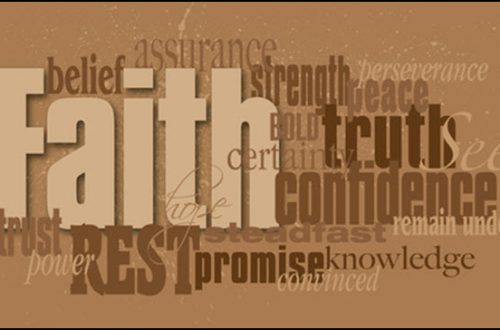
Am I Who You Think I Am?
Have you ever read any statistics on how social media is affecting our sense of identity? In a world where we can post who we want others to perceive we are, we can end up with an online-induced case of plural identities. Not only does this create confusion, it also is exhausting to maintain. My daughter, Kari Ciliberti, recently in a paper on this very subject, cited “Mary Aiken’s, an expert in cyberpsychology, comments on the feedback loop of one’s cyber self, saying, “… The cyber self is always under construction, physiologically and digitally. Even when …sleeping, the cyber self continues to exist. It is always on- evolving, updating, making friends…gaining followers, getting ‘likes,’ and being tagged. This can create a sense of urgency, a continuous feedback loop, a sense of needing to invest more and more time in order to keep the virtual self current, relevant and popular (Aiken, 2016, p. 174).”
In a sermon on our identity Tim Keller does a great contrast of the difference in the way we view identity now from that of ancient culture. Basic ancient culture stated that your identity come from the role in your family, your clan, and community that is assigned to you. And then your self-worth and esteem is determined by how well you fulfill that role. So, in those cultures you are a father, mother, son, daughter, husband, or wife first. Who you are in the group, the family, the community, that is who you are. If you fulfill that role well then, the culture bestows honor on you. You should have a high self-esteem because all of those around you will honor you. Modern culture reverses that.
More modern culture says that no, submitting your desires, needs, and ambitions for the good of the family is not how to determine your identity and self-worth. Now even that has changed. It is the opposite. “You become yourself when you assert your desires. You assert your interests and you live the way you want to live in spite of what your family or anyone else tells you. In ancient culture identity was based on self-sacrifice, in our culture it is based on self-assertion.”—Timothy Keller
It is irresponsible for us as adults to ignore the effect of social media on ourselves and even more so on our children. Identity is the place from which we live. If we don’t have a solid core understanding of who we are, how can we expect to have deep meaningful relationships with God or those around us? We will never be able to know and love God, serve Him and others, even fully appreciate being created in His image until we can accept who we are.
Social media permits us to hide the things about ourselves that we wish to ignore. It allows us to create a better self than we believe we really are. In the constant effort to keep that cyber self all that we want it to be, we can lose sight of the reality of who we are. Accepting our weaknesses, our failures, even acknowledging our sin is what opens us up to grace, mercy, and the very love of God. It is essential that we face ourselves honestly and then present ourselves to God naked of any airbrush attempt for approval. It is in that vulnerability that God showers us with the grace of the Gospel and bestows on us all the riches of God in Christ Jesus. To not be willing to own up to who we are not only robs us of a true sense of self, it robs us of the grace Jesus died to give us. Tim Keller says it best.
"Sin is the despairing refusal to find your deepest identity in your relationship and service to God." -Timmothy Keller
May God help us all to be vulnerable enough to search and teach our children to search for our identity in Christ.



